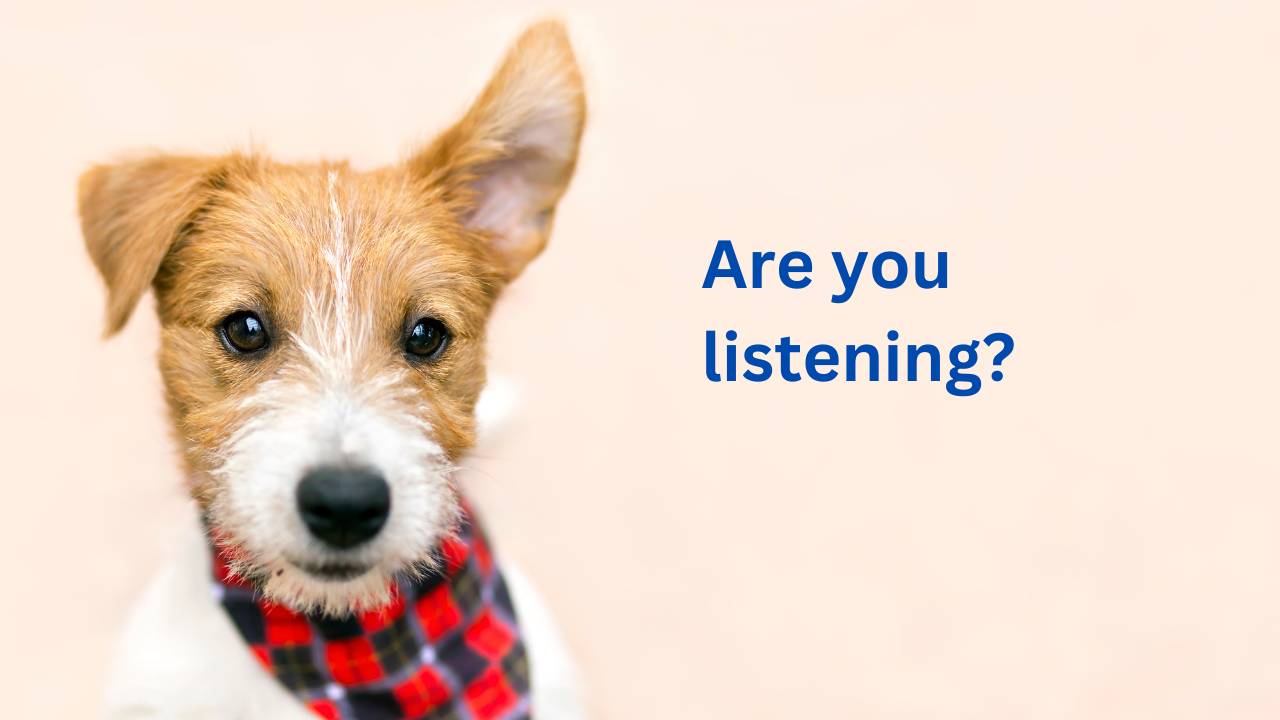Healthy hearts listen closely

When you think about “heart-healthy habits,” what comes to mind?
A Mediterranean-style plate?
Brisk morning walks?
Magnesium or omega-3s?
Yes, they’re all great choices.
But there’s one powerful, science-backed habit that rarely makes the list—and it might be the most healing of all:
Deep listening.
Not just “waiting your turn to talk” listening.
But real, present, non-judgmental, whole-body listening.
At this year’s IFM Annual International Conference, Dr. Patrick Hanaway highlighted a deceptively simple yet profoundly impactful truth:
“Listening well is a revolutionary act—for both your relationships and your heart.”
Let’s unpack why...
The relationship–heart health connection
Your relationships don’t just shape your mood—they shape your physiology. Strong social bonds and emotional support reduce:
- Blood pressure
- Stress hormone levels
- Inflammatory markers linked to cardiovascular disease
In contrast, loneliness and social disconnection increase your risk of heart disease, stroke, and even early mortality.
This isn’t woo woo. It’s well-documented science.

And it’s why how you listen might be just as important as how you eat!
The listening gap: why we often miss true understanding…
It might surprise you to learn how our brains process communication:
- We can speak at approximately 125 words per minute
- We can listen at approximately 400 words per minute
- We can think at a staggering 900 words per minute
That’s a huge gap—what communication experts call the thought-speech differential.
You’re only expressing about 14% of what you’re actually thinking.
Which means:
- It’s easy to interrupt or jump ahead
- It’s easy to misunderstand
- It’s easy to assume you know what’s coming next
No wonder genuine understanding and connection can feel so elusive.
Enter: Deep listening
Oscar Trimboli, author of How to Listen, defines deep listening as the ability to hear beyond words—to tune into what’s said, what’s unsaid, and what it means.
It’s not just about nodding politely. It’s about creating a space where someone feels fully seen, heard, and understood.
Deep listening isn’t passive. It’s an active state of full presence—mental, emotional, and physical.
The 5 levels of deep listening
According to Trimboli, deep listening has five layers:
- Listening to Self – Noticing your inner chatter and distractions
- Listening to Context – Tuning into body language, tone, timing
- Listening for Content – Hearing the words actually spoken
- Listening for the Unsaid – Picking up on silences, hesitations, omissions
- Listening for Meaning – Grasping what matters most beneath the words
Each layer brings you closer to connection—and to healing.

Deep listening is heart medicine
Here’s why…
When someone feels truly heard, their vagus nerve is activated—signaling safety to the nervous system.
This leads to:
- Lower heart rate
- Improved heart rate variability
- Reduced blood pressure
- Decreased inflammation
Deep listening literally shifts the body out of fight-or-flight—and into repair and restoration.
Deep listening doesn’t just build stronger relationships. Being listened to is actually healing; it literally sets the stage for a more resilient heart.
This is why nurturing your ability to listen deeply is one of the most heart-healthy habits you can develop.

5 ways to practice deep listening:
- Put your phone away. Multi-tasking kills presence.
- Hold eye contact and soften your body language. Show you’re with them.
- Ask open-ended questions. Try: “Tell me more,” or “What else is on your mind?”
- Drop the urge to fix. Reflect. Validate. Don’t problem-solve unless asked.
- Tune into the silence. Often, the truth lives between the words.
Try this reframe today
When you’re in conversation, remember:
🧠 You’re thinking 7x faster than you’re talking
👂 They’re listening 3x faster than you’re speaking
💡 The real magic happens in the space between the words
So, pause - let go of the rush.
Be curious - drop into the moment.
And, stay present, so you can really hear what’s being expressed.
Your heart—and your relationships—will thank you.
In summary...
Deep listening is more than a communication skill—it’s a heart-healthy practice.
It’s free, it’s powerful, and it’s available to you right now.
So the next time someone opens up to you, don’t just hear them.
Listen like it matters.
Because it does.
By tuning in fully to others, you create a ripple effect of trust, safety, and healing—for your heart and your life.


